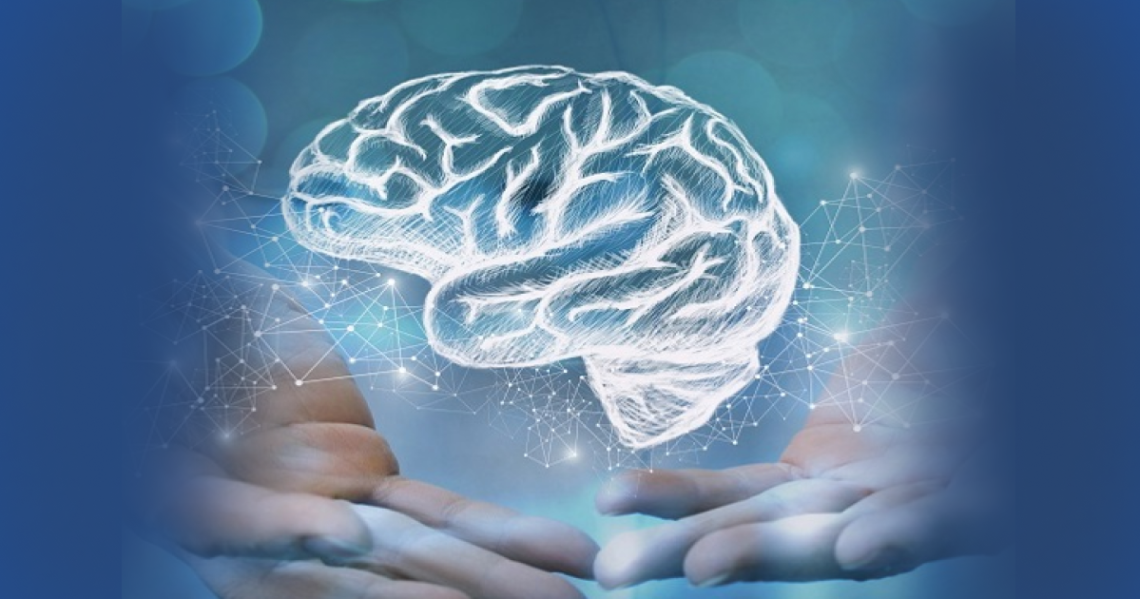-
Stop Overthinking things! (Here’s help.)
If you're a worrier who overthinks, it could be difficult for you to feel content because there's always that tendency to keep sweating the small stuff to arrive at perfection. When you don't know how to draw the line or say, "It's good enough," you may feel frustrated, and being frustrated robs you of enjoying the reward of contentment. Worrying can cause you to miss out on many things. It can prevent you from forming new relationships, affect your work performance, and prevent you from attending fun social events. Many people face this worrying problem, which has even been likened to a disease. When this worrying advances further…
-
Pen, Paper, Possibilities: Elevate Your Daily Routine with Journals
Have you ever heard people talk about journaling and wondered why they do it? Is it really beneficial, or just another task to add to your already full day? How can it possibly help? I used to think the same way! With a job, family, and caregiving responsibilities, I felt like I was barely keeping my head above water. The idea of adding journaling to my routine seemed overwhelming. But before you dismiss the idea, I invite you to consider the potential benefits of journaling. I’m not asking you to commit to anything—just to ponder whether this practice could offer you some relief and insight. If you decide to give…
-
Age in Place with Confidence
Image via Freepik Home Accessibility Modifications for Seniors Aging in place allows you to enjoy the comfort of your own home while maintaining your independence. However, certain home modifications can make your living environment safer and more accessible as you age. By making strategic changes, such as installing grab bars, adjusting lighting, and adding voice-activated technology, you can ensure your home remains a haven of comfort and security that supports your needs as they evolve. Grab Bars for Safety Installing grab bars in your bathroom and other vital areas provides much-needed stability. These bars can help prevent slips and falls, especially in slippery spaces like the shower or…
-
Holiday Tips for Caregivers
Making the holidays less stressful for caregivers truly resonates with me. While the festive season is filled with joy and celebration, it can often feel overwhelming, especially when you’re juggling the demands of caregiving along with holiday preparations. So, let’s explore some heartfelt, actionable tips to help lighten that load and allow for some genuine moments of joy. Prioritize Self-Care As caregivers, we often forget to take care of ourselves. But remember, your well-being is vital for both you and those you care for. Schedule “Me Time”: Carve out specific moments just for you. Whether you enjoy a quiet cup of tea, take a leisurely walk, or indulge in a…
-
Navigating the Digital World Safely
As the world becomes increasingly connected, seniors face new challenges when navigating the internet. Many are unfamiliar with basic online safety practices, making them vulnerable to scams, hacking, and identity theft. With more essential services like banking, shopping, and healthcare going digital, it's vital that seniors feel empowered and secure when using the internet. In my work at our local community center, I’ve seen firsthand how overwhelming this can be. Recently, I had the pleasure of helping Margaret, a lovely woman in her 70s who was anxious about online banking. She feared making a mistake that could cost her dearly. Her apprehension is something I’ve seen in many seniors who…
-
How To Nurture Your Well-Being While Supporting Others As A Caregiver
Photo via Pexels As a caregiver, your role is undeniably crucial, often leading you to prioritize the well-being of another above your own. However, maintaining your health and wellness is not just a benefit to you but also enhances the quality of care you provide. This article, courtesy of The Purple Vine, explores practical strategies to help you manage your responsibilities while ensuring your well-being remains a priority. Set Boundaries One of the most effective strategies you can employ is establishing clear boundaries between your caregiving duties and personal life. It's vital to define when your role as a caregiver pauses, and your own life resumes. This might mean…
-
Is Diabetes connected to Alzheimer’s Risk?
Recent studies indicate there is a link between Alzheimer's and Diabetes. Did you know that diabetes can have serious effects on your brain health? Here are some important facts to consider: Diabetes and Brain Damage: Diabetes can damage blood vessels in the brain, increasing the risk of strokes and memory loss. Over time, this damage can lead to more severe issues, including dementia and Alzheimer's disease. High blood sugar levels, if not managed, can cause significant harm to the brain’s blood vessels, leading to cognitive decline and vascular dementia(CDC www.heart.org ). Shared Risk Factors: Diabetes is closely linked to other conditions like high blood pressure, high cholesterol, and obesity. These cardiovascular…
-
Taking Care of Your Brain Health 💡🧠
Taking care of your brain health is just as crucial as maintaining physical wellness. By incorporating a few simple habits into your daily routine, you can keep your mind sharp, enhance cognitive function, and protect against cognitive decline. Essential Tips for Optimal Brain Health: Eat a Brain-Boosting Diet : Incorporate a balanced diet rich in fruits, vegetables, whole grains, and lean proteins. Foods high in Omega-3 fatty acids, like salmon, are particularly beneficial for cognitive function and brain health. Stay Physically Active : Engage in regular physical activity to increase blood flow to the brain and support neuron health. Aim for at least 30 minutes of exercise most days to…
-
How a Healthy Diet Affects Brain Health 🌟
Did you know that your diet plays a crucial role in maintaining and enhancing brain health? Research has consistently shown that a well-balanced diet, rich in fruits, vegetables, whole grains, and lean proteins, can significantly boost cognitive function and protect against cognitive decline. Key Nutrients for Optimal Brain Health: Omega-3 Fatty Acids : Found in fatty fish like salmon, Omega-3s are essential for supporting neuron health, enhancing memory, and improving overall brain function. Antioxidant-Rich Foods : Berries, leafy greens, and other antioxidant-rich foods help reduce inflammation and oxidative stress—two factors closely linked to aging and neurodegenerative diseases. Vitamin E from Nuts and Seeds : Incorporating nuts and seeds into your…
-
Discover Effective Stress-Reduction Techniques 🌿✨
Are you feeling overwhelmed by the demands of daily life? Stress can quickly take a toll on your mental and physical well-being, but effective stress-reduction techniques can help you regain control and find balance. Here are some powerful methods to reduce stress and improve your overall health: Mindful Meditation : Incorporate mindful meditation into your daily routine. Spending just a few minutes focusing on your breath can significantly reduce anxiety and promote a sense of calm. Regular mindfulness practice has been shown to enhance mental clarity and emotional resilience. Deep Breathing Exercises : Engage in deep breathing exercises to instantly calm your mind and body. Try inhaling slowly through your…


